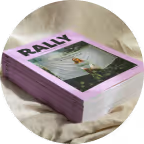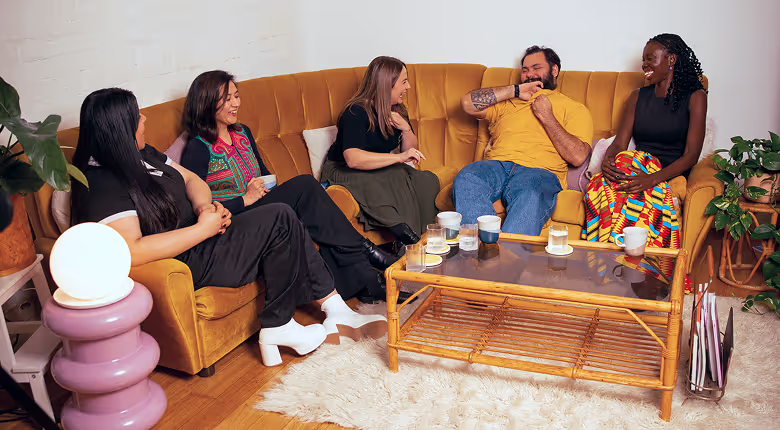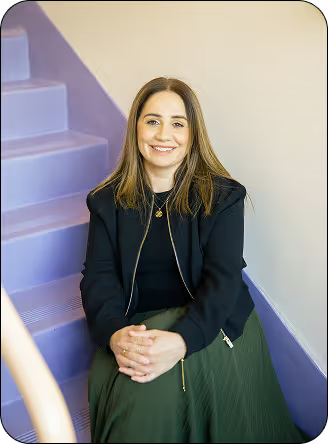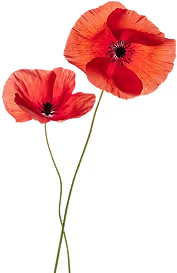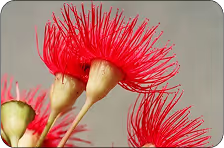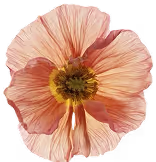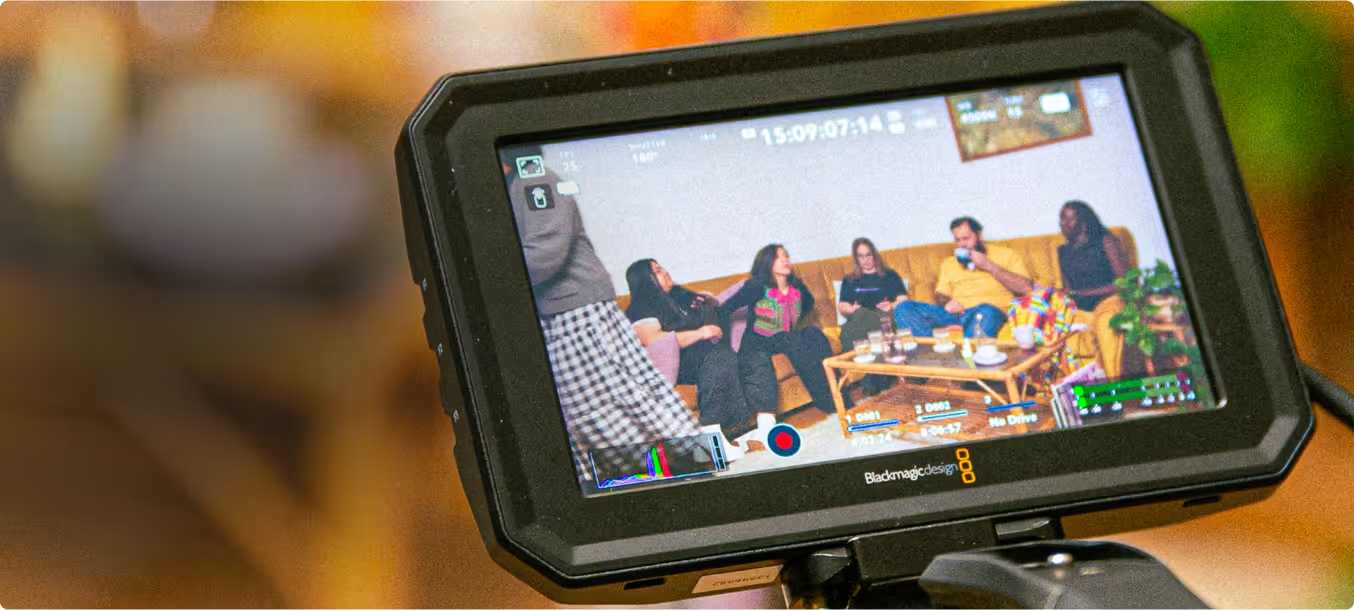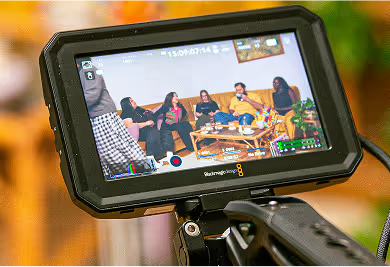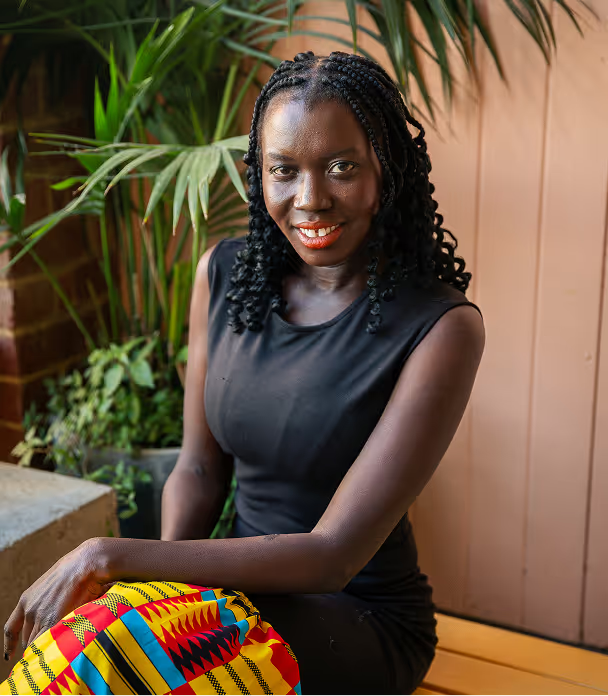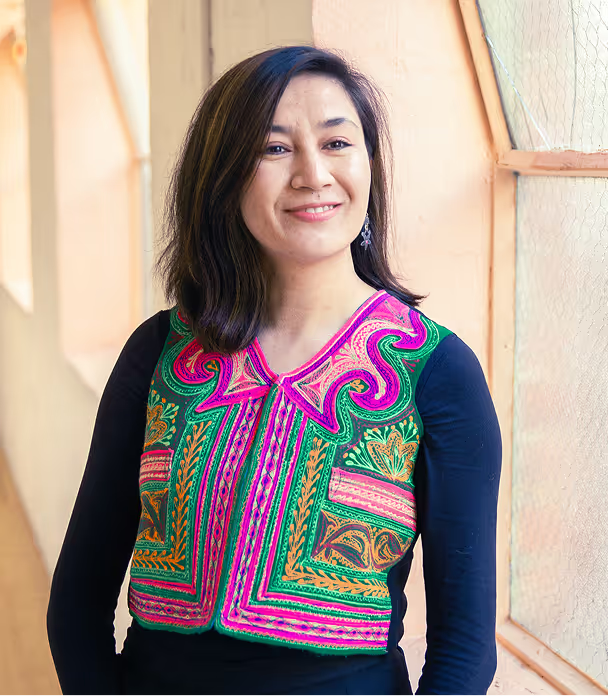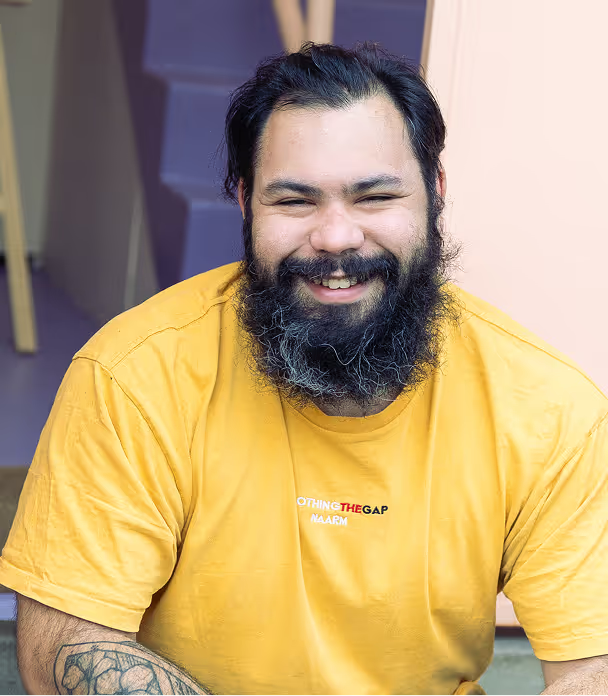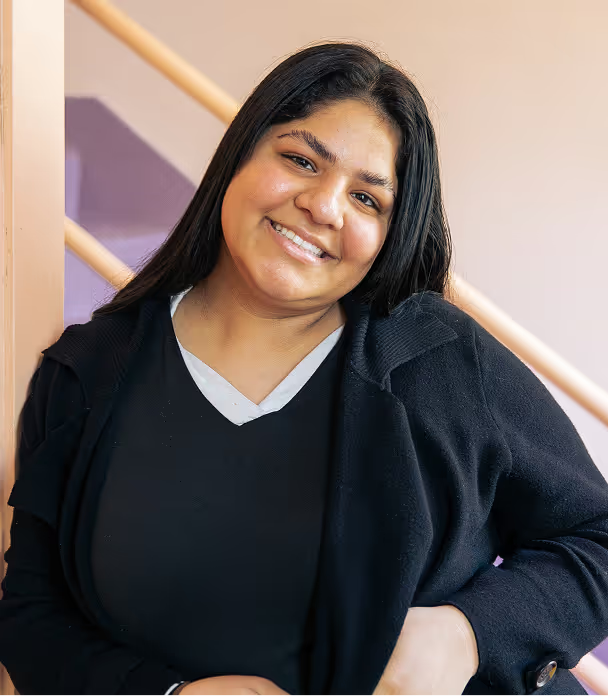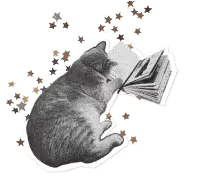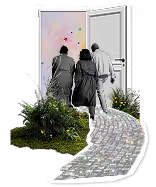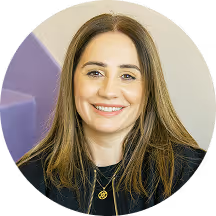Settling on Stolen Land
Editorial Letter
Welcome to the inaugural issue of Rally Magazine:
a multimedia mag on a mission.
Whether it’s the story of a first nations family who has cared for this continent for ten of thousands of years, or an Assyrian child carrying their flag and the memory of an ancient homeland in exile – our stories matter. We are not history. We are living truths.
6 MIN READ
Rally was born out of a desire to take action against political apathy. Our team – filled with washed-up student mag editors and designers – knew we wanted to use our storytelling skills to fight back. But the question became: how can we compete in an already oversaturated media landscape? As soon as a story breaks, our feeds are flooded with hot-take tweets, clickbait titles and news articles that provide little-to-no context. And as quickly as the content machine demands we pay attention to this subject, so does it demand we move onto the next.
It was inside this exhaustion that a small idea was born. What if we created a magazine that refused to go fast? What if, instead, we intentionally sit with one story and dedicate our full attention to carefully teasing out the words, images, sounds and shapes that could best tell each part? And what if we extended this same pace to our audience?
This issue is not designed to be consumed hungrily in one sitting (although, don’t let us stop you). Maybe today you only have the time and energy to take a bite of our smaller pieces, such as Windows of pain and Me vs me, to ease yourself into the topic or have a little laugh. Perhaps you want to revisit us during your hot girl walk this weekend by listening to Rethinking sick leave or I’ve got a playlist for that. Maybe in a month, you’ll finally get a long luxurious hour to sit on your favourite part of the couch and devour all three stories inside The weight of the medical system.
However you choose to approach this issue, we invite you to go slow. Slowness can often feel like the antithesis to action, but if we have learned anything from working on an edition about illness and disability, it’s that this world is demanding from us a pace we can’t sustain.
This issue took one and a half years to make – balanced by a team working full time (everyone), navigating their own invisible illnesses (Angela and Lynley), and literally growing and birthing a whole human (Stephanie). And throughout it all, we tip-toed across many iterations of the Is this taking too long? anxiety.
If even the healthiest among us are feeling the immense pressure to move faster and work harder, how can we support the one in five people in so-called Australia who have a disability, of which 90 percent are invisible? This issue asks you to see the invisible – to not just see the ways a person’s disability may not present physically, but also see the intangible constructs of our society that block people with disability from having more independence, choice and control.
We recognise the label of disability may not be used by everyone who resonates with the content in Rally. There are also barriers placed in front of people with visible disabilities that are unexplored in this issue, but still worthy of dismantling. The experience of illness and disability is vast, varied and unable to be captured in its entirety by a single edition of a magazine. We hope Rally is a launching point, no matter where you are starting – and our Read, Watch, Listen, Act section has some great recommendations for where to go next.
Disability is a part of the human condition. And at the core of all its nuance, in every conversation we had with our chronically ill team members, Advisory Board and contributors, is a burning request: how can you make space for us?
These invisible barriers need to be dismantled so we can thrive and fully participate in society, and the first barrier you can help us tear down is the one that prevents you from seeing us. We urge you to expand your empathy to colleagues who have used up all their sick leave, to friends who always seem to bail for reasons you can’t understand, and to strangers on the train who request a seat when you can’t see why. Because once you start seeing, these things won’t be so invisible anymore.
It was inside this exhaustion that a small idea was born. What if we created a magazine that refused to go fast? What if, instead, we intentionally sit with one story and dedicate our full attention to carefully teasing out the words, images, sounds and shapes that could best tell each part? And what if we extended this same pace to our audience?
This issue is not designed to be consumed hungrily in one sitting (although, don’t let us stop you). Maybe today you only have the time and energy to take a bite of our smaller pieces, such as Windows of pain and Me vs me, to ease yourself into the topic or have a little laugh. Perhaps you want to revisit us during your hot girl walk this weekend by listening to Rethinking sick leave or I’ve got a playlist for that. Maybe in a month, you’ll finally get a long luxurious hour to sit on your favourite part of the couch and devour all three stories inside The weight of the medical system.
However you choose to approach this issue, we invite you to go slow. Slowness can often feel like the antithesis to action, but if we have learned anything from working on an edition about illness and disability, it’s that this world is demanding from us a pace we can’t sustain.
This issue took one and a half years to make – balanced by a team working full time (everyone), navigating their own invisible illnesses (Angela and Lynley), and literally growing and birthing a whole human (Stephanie). And throughout it all, we tip-toed across many iterations of the Is this taking too long? anxiety.
If even the healthiest among us are feeling the immense pressure to move faster and work harder, how can we support the one in five people in so-called Australia who have a disability, of which 90 percent are invisible? This issue asks you to see the invisible – to not just see the ways a person’s disability may not present physically, but also see the intangible constructs of our society that block people with disability from having more independence, choice and control.
We recognise the label of disability may not be used by everyone who resonates with the content in Rally. There are also barriers placed in front of people with visible disabilities that are unexplored in this issue, but still worthy of dismantling. The experience of illness and disability is vast, varied and unable to be captured in its entirety by a single edition of a magazine. We hope Rally is a launching point, no matter where you are starting – and our Read, Watch, Listen, Act section has some great recommendations for where to go next.
Disability is a part of the human condition. And at the core of all its nuance, in every conversation we had with our chronically ill team members, Advisory Board and contributors, is a burning request: how can you make space for us?
These invisible barriers need to be dismantled so we can thrive and fully participate in society, and the first barrier you can help us tear down is the one that prevents you from seeing us. We urge you to expand your empathy to colleagues who have used up all their sick leave, to friends who always seem to bail for reasons you can’t understand, and to strangers on the train who request a seat when you can’t see why. Because once you start seeing, these things won’t be so invisible anymore.



